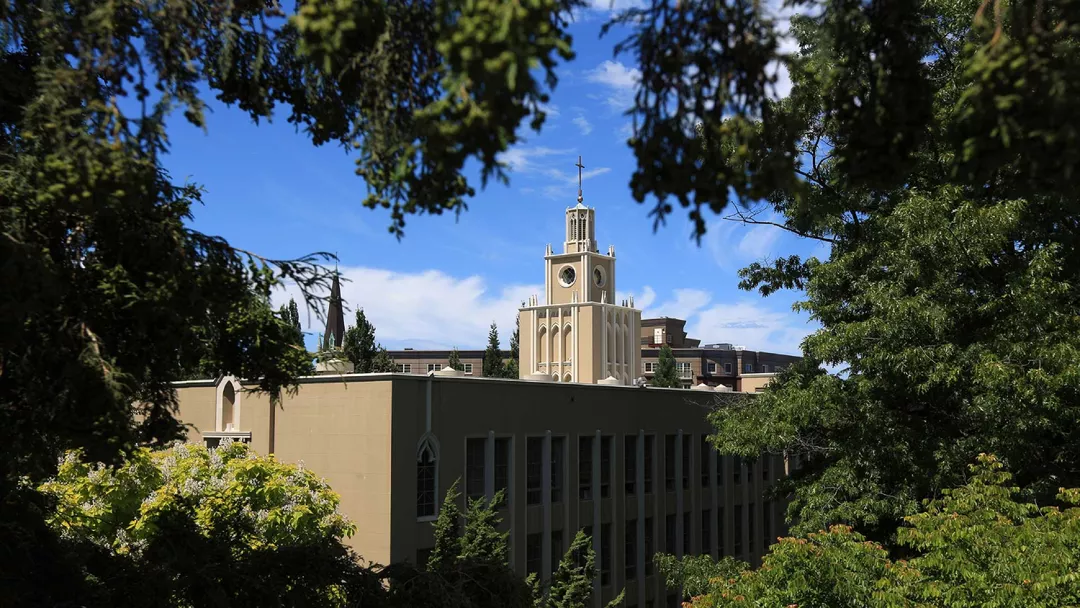-
hello@abroadcube.com
Mail us
-
Call For Help:
98779 83783
-
Whatsapp Us
70090 34921
A degree from the Seattle University Counseling Program helps prepare students to meet the academic requirements to apply for licensure as a mental health counselor associate and/or a substance use disorder professional in Washington. The State of Washington Department of Health has additional requirements such as examination, post graduate experience and supervision that must be met in addition to the coursework.
Of the 90 credits required for the degree, 16 credits are experiential courses in which students work with actual clients at a practicum or internship site and 8 credits include working with volunteer clients on campus under supervision. One additional credit includes a group experience facilitated by a masters level counselor. Students work individually and in groups, and receive feedback from faculty and peers. All students complete a one quarter practicum and 3 quarter internship spanning almost 12 months in the third year. Program graduates are often hired at their internship sites. All sites are considered first-rate internship opportunities.
| Level | Masters |
| Discipline | Arts and Humanities |
| Duration | 36 months |
| Intakes | Sep |
| Application Fees | USD 55 |
| Tuition Fees | USD 12384 |
| Campus | Main |
| Language proficiency (minimum) | |
| IELTS | 6.5 |
|---|---|
| TOEFL | 86 |
| PTE | 63 |
| Duolingo | 110 |
| Exam proficiency (minimum) | |
| SAT | Not Required / Waiver |
|---|---|
| ACT | Not Required / Waiver |
| GRE | Not Required / Waiver |
| GMAT | Not Required / Waiver |
Minimum GPA - 77%
QS Quacquarelli Symonds is the world’s leading provider of services, analytics, and insight to the global higher education sector, whose mission is to enable motivated people anywhere in the world to fulfil their potential through educational achievement, international mobility, and career development.
THE (Times Higher Education) has been providing trusted performance data on universities for students and their families, academics, university leaders, governments and industry, since 2004. We create university rankings to assess university performance on the global stage and to provide a resource for readers to understand the different missions and successes of higher education institutions.
The Academic Ranking of World Universities (ARWU) was first published in June 2003 by the Center for World-Class Universities (CWCU), Graduate School of Education (formerly the Institute of Higher Education) of Shanghai Jiao Tong University, China, and updated on an annual basis
The "Webometrics Ranking of World Universities" is an initiative of the Cybermetrics Lab, a research group belonging to the Consejo Superior de Investigaciones Científicas (CSIC), the largest public research body in Spain. CSIC is among the first basic research organizations in Europe. The CSIC consisted in 2006 of 126 centers and institutes distributed throughout Spain.

